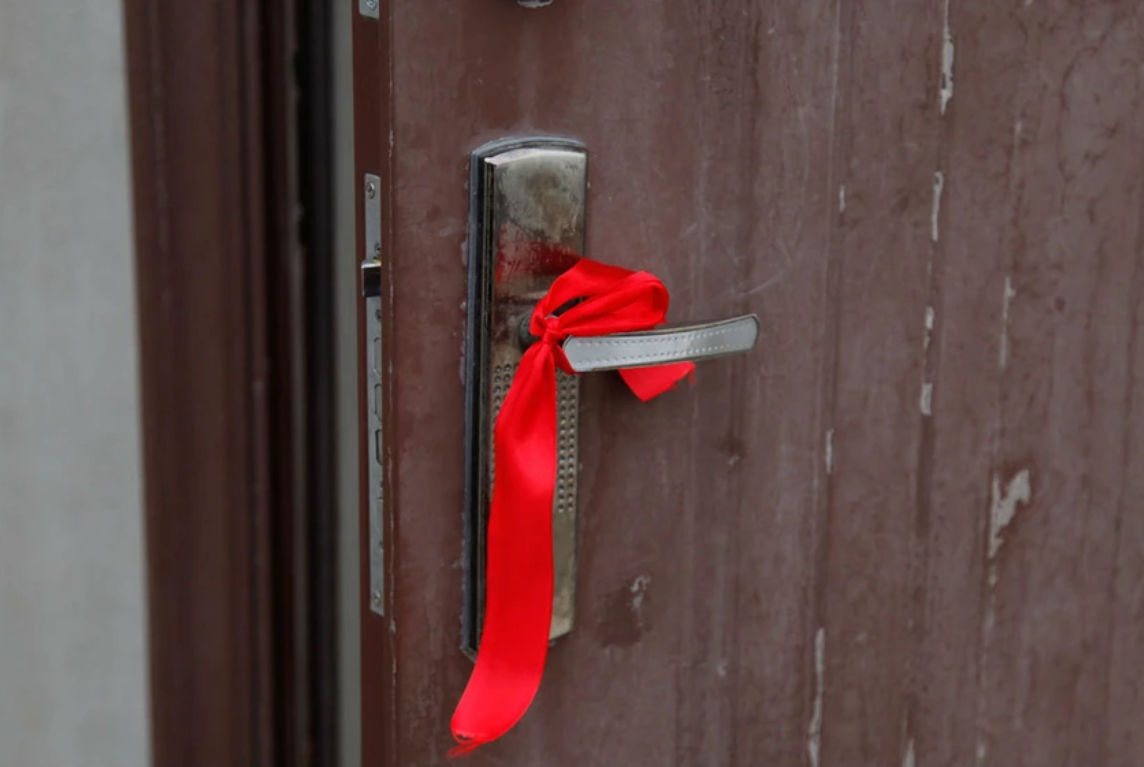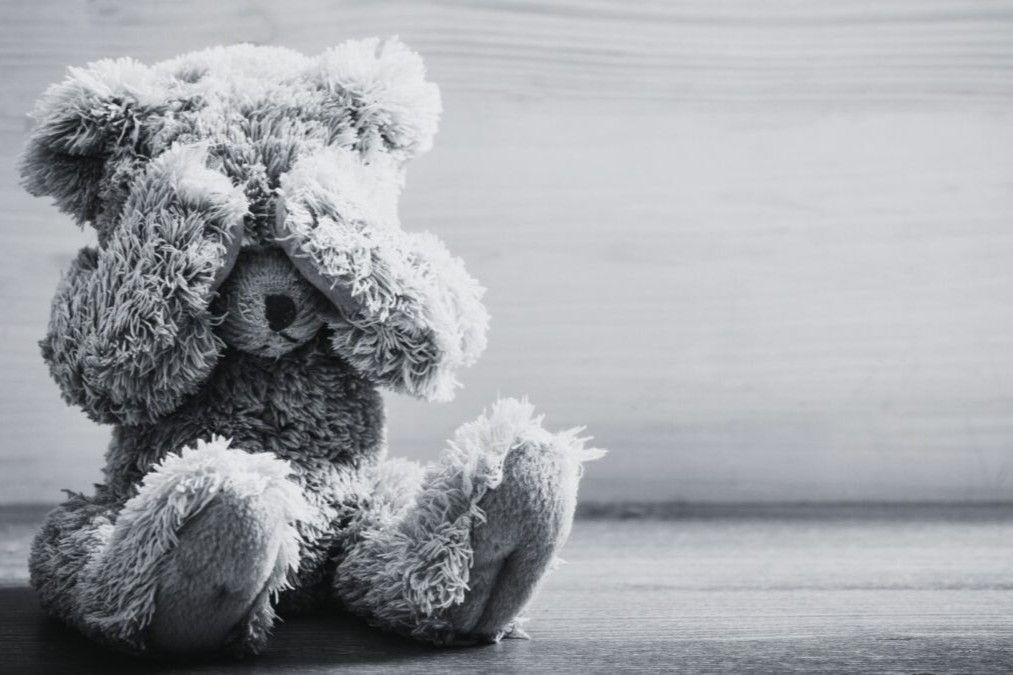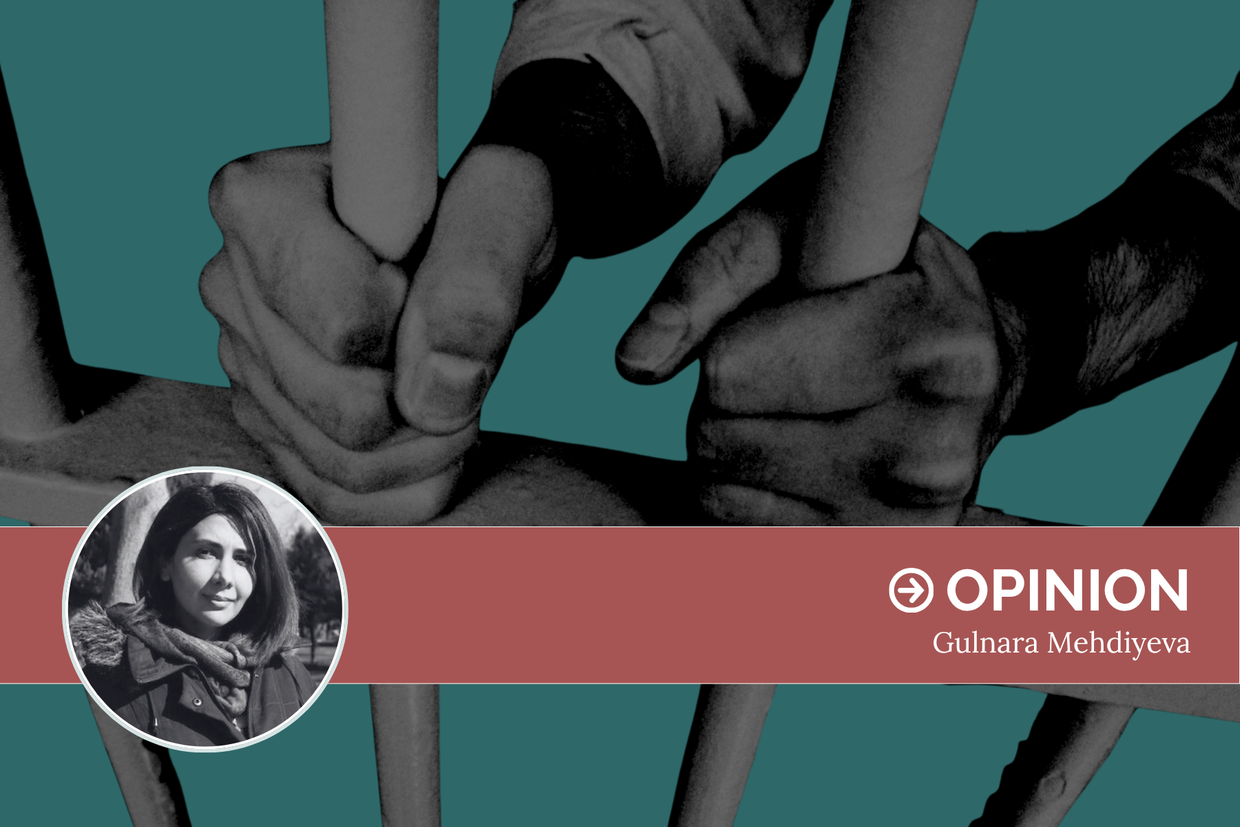Opinion | While Azerbaijan praises its ‘family values’, young girls pay the price
The Azerbaijani government prefers to speak about family stability rather than helping girls avoid further exploitation.

A few months ago, I read a headline that made my heart sink: ‘In Azerbaijan, a 13-year-old girl became a mother’. I wish I could say it was an isolated case, a rare tragedy. But it wasn’t. Every few weeks, another story appears: a child married off, a teenage mother, a girl’s body pulled from a river. Even on 11 October — the International Day of the Girl Child — media reported preparations for the wedding of a 16-year-old girl in one of Azerbaijan’s regions.
The 11th of October is supposed to celebrate equality and opportunity. But in Azerbaijan, it feels like a day of mourning. Behind the slogans and conferences, our government is failing the very children it claims to honour: the girls forced into adulthood long before they’ve finished being children.
According to the State Statistical Committee, in 2024, there were 1,279 live births to girls aged 15–17. That number alone should make us pause. But when you look closer, the truth becomes unbearable.
- 81 of those babies were second children.
- 9 were third.
- 2 were fourth.
- And one was the fifth child.
If a 17-year-old has her fourth child, it means she started giving birth at 13, year after year. If a 17-year-old has her fifth child, then she began giving birth at 12.
These are not ‘teen pregnancies’; they are evidence of continuous childbirth starting in early adolescence — patterns of abuse, neglect, and a state that does not care to notice.
Throughout 2024 and 2025, Azerbaijani media reported multiple cases of 13- and 14-year-old girls giving birth or being married off. And behind every number, there is a girl whose life has been decided for her: by families, by men, and by a state that looks away.
When crime disguises itself as ‘family’
Behind these statistics are real stories — horrifying ones.
In Aghjabadi (2024), a 13-year-old girl was ‘married’ to a 23-year-old man and gave birth. While the man was found guilty of sexual intercourse or other acts of a sexual nature with a person under the age of 16, his six-year prison sentence was later conditionally replaced with a one-year probationary period, after which the preventive measure was changed to police supervision on the basis that the girl and her parents ‘did not complain’ — he was subsequently released. He continues to live with the same girl, waiting for her to ‘turn 18’ so they can legalise their relationship.
In Yevlakh (2025), a 19-year-old man ‘married’ a 13-year-old girl, and she lived with him as his ‘wife’. The court sentenced him to six months in prison, six months for having sex with a child. After his short prison term ends, the man will return to living with this 13-year-old girl as his ‘wife’, because neither her family nor the state is capable of providing her with any alternative.
In Dashkasan (2025), a 20-year-old man kidnapped a 15-year-old girl and held her for several days. He later received a one-year suspended sentence.
In Sabirabad (2025), a 21-year-old man strangled his 16-year-old ‘wife’ and threw her body into the River Kur. They had ‘married’ only the year before, a ceremony which police initially tried to stop, but eventually allowed due to the groom’s father being a well-known religious figure.

When the phrase ‘with her own consent’ appears in court documents, it almost guarantees a lenient sentence. Venues that host these weddings face no punishment; families who organise them are not held accountable; and as always, the girl is left alone — invisible and unprotected.
These are not isolated tragedies. They are patterns. Crimes disguised as marriages, violence hidden behind the word ‘family’. When judges hand out symbolic punishments, when police ‘mediate’ instead of intervening, they send a dangerous message: if you call it marriage, it ceases to be a crime.
The law that excuses the crime
In several public cases, the perpetrators received conditional or short-term sentences.
Here’s why: while feminists in Azerbaijan consider any sexual act with a child under 14 to be rape, our laws make a distinction between ‘rape’ and ‘consensual sexual relations’ with minors.
When sex with a minor happens under the guise of a wedding, often arranged by parents, it is no longer treated as rape at all — it becomes ‘consensual’. But how can a 13-year-old consent to marriage or motherhood?
And what chance does a 13-year-old have to resist? Girls in rural areas cannot testify against their parents or husbands in court. They know they’ll have to return home — to the same adults who forced them into marriage. When parental approval replaces the child’s rights, justice dies twice.
According to the law, ‘consensual’ sexual relations with a person aged 14–16 carries a prison sentence of one to three years; for someone aged 12–14, the sentence rises to three to six years. But judges have the power to replace prison time with a suspended sentence if they decide the offender ‘can be rehabilitated’.

Even more disturbingly, if a child becomes pregnant, it can be treated as a mitigating factor. This is because, as the reasoning goes, ‘her baby shouldn’t be left without a father’, so the perpetrator walks free or receives a minimal punishment.
And once released, these men often return to the same girls. This is not rehabilitation — it’s permission. Every suspended sentence tells other men: you can do this too — the system will protect you.
Even more, when the government succeeds in preventing some early marriages, there’s the phrase we hear again and again from the families of underage brides: ‘We will wait until she turns 18’.
By ‘waiting’, they still condemn her to a life of dependence and lost opportunity. She cannot continue her education; she cannot build a career; she cannot explore who she is or what she wants. Her entire life, her body, her time, her dreams are decided for her.
By the time she turns 18, it’s too late. Her childhood, her self-development, her independence will be stolen under the pretense of family honour.
The government’s favourite word: ‘family’
Officials never tire of praising ‘family values’. They call the family the foundation of society — the moral spine of the nation. But what kind of family are we defending?
Families built on coercion? Homes where girls give birth year after year, still children themselves? Where silence is treated as consent?
If that is our idea of family, our values are already broken. A state that shields abusers and abandons victims has no right to speak of morality.
Yet the state’s failure does not start in courtrooms — it begins much earlier, in the absence of prevention and social work.
There are no mechanisms to monitor what happens next, even if someone is convicted. No one helps these girls return to education, access psychological support, or avoid further exploitation. There is no coordination between ministries, no real database, no political will. The government prefers to speak about family stability instead of confronting what that ‘stability’ really means for girls: fear, dependency, and silence.

If Azerbaijan truly wanted to protect its girls, it would act, not issue statements. It would prosecute offenders even without a victim’s complaint. It would collect transparent data on births and marriages involving girls under 18. It would build shelters and rehabilitation programmes across the country. It would train teachers, doctors, and social workers to detect and report abuse.
We cannot call ourselves a modern country while girls are giving birth at 12 and 13. We cannot speak of ‘family values’ when those families are built on crimes. And we cannot celebrate girls’ rights when the government refuses to count or protect them.
I write this not as an observer, but as an Azerbaijani woman who refuses to stay silent. Every girl deserves to live without fear, to learn, to dream, to grow, to decide her own life.
The protection of girls cannot depend on commemorative dates or international slogans; it must be a daily act of conscience, justice, and political will. Until the government stops hiding behind the illusion of ‘family values’ and begins to confront the violence and neglect that destroy girls’ lives, we will continue to fail them. And every headline about another child bride or another teenage mother will remind us that silence is complicity and that the real test of our humanity is how we protect those who cannot yet protect themselves.










